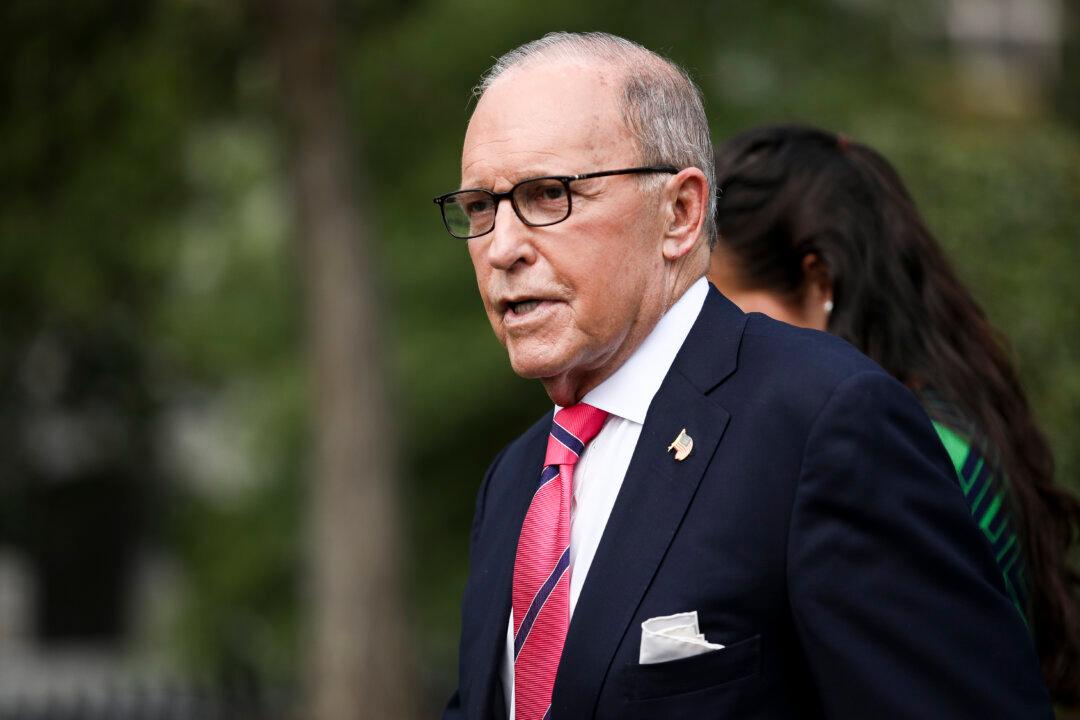Even though President Donald Trump said he wants an additional stimulus payment amount larger than the first round, a top administration official said the checks could be smaller than the first.
White House economic adviser Larry Kudlow told reporters that the next round of payments would be smaller than the $1,200, and they would be targeted toward Americans who are unemployed or in lower-income brackets.





